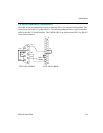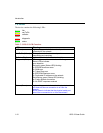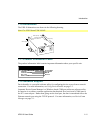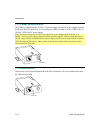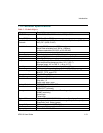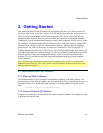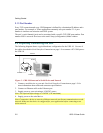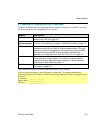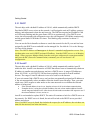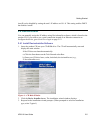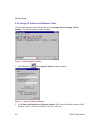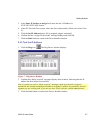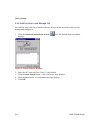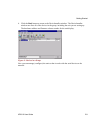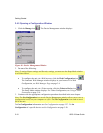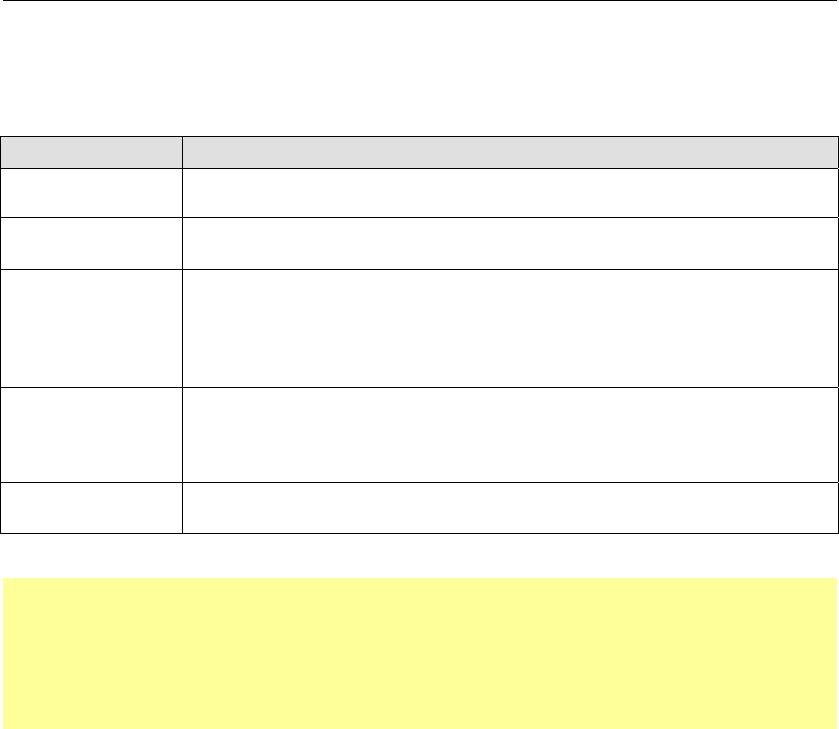
Getting Started
UDS-10 User Guide 2-3
2.3 Methods of Assigning the IP Address
The unit's IP address must be configured before a network connection is available. You have
the following options for assigning an IP to your unit:
Method Description
DHCP A DHCP server automatically assigns the IP address and network
settings. See
DHCP on page 2-4.
DeviceInstaller
(Recommended)
You manually assign the IP address using a graphical user interface
(GUI) on a PC attached to a network. See DeviceInstaller on page 2-5.
ARP and Telnet You manually assign the IP address and other network settings at a
command prompt using a UNIX or Windows-based system. Only one
person at a time can be logged into the configuration port (port 9999).
This eliminates the possibility of several people simultaneously
attempting to configure the unit. See
ARP and Telnet on page 2-11.
AutoIP This automatic method is appropriate when you have a small group of
hosts rather than a large network. This method allows the hosts to
negotiate with each other and assign addresses, in effect creating a
small network. See
AutoIP on page 2-4.
Serial Port Login You initially configure the unit through a serial connection. See Serial
Port Login on page 2-12.
These methods are described in the remaining sections of this chapter.
Note: In most installations, a fixed IP address is desirable. The systems administrator
generally provides the IP address. Obtain the following information before starting to set up
your unit:
IP Address: ___ ___ ___ ___
Subnet Mask: ___ ___ ___ ___
Gateway: ___ ___ ___ ___



